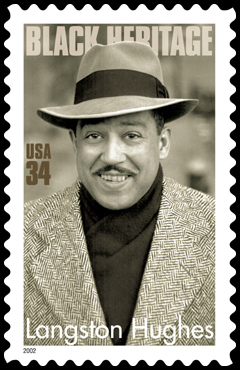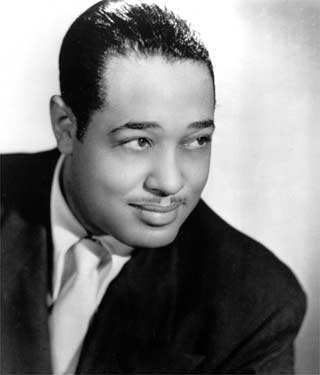| A | B |
|---|
| Warren G. Harding | President during the first part of the 1920's who was weak and let corruption take seat in the federal government |
| Calvin Coolidge | President of the 1920's who undid several progressive accomplishments in order to help big business. |
Langston Hughes,  | Arguably the best known poet of the Harlem Renaissance |
| Babe Ruth | Professional Baseball player who saved the professional game with his amazing feats on the field |
| Duke Ellington | Piano player and band leader of the Harlem Renaissance,  |
| Marcus Garvey | African-American leader who led the Back-to-Africa Movement and the UNIA |
| WEB DuBois | Africn-American leader who helped form the NAACP |
| Charlie Chaplin | Hollywood comedic actor who created the character "The Little Tramp",  |
Charles Lindbergh,  | Pilot who was the first to fly non-stop across the Atlantic from New York to Paris. He became an American Icon. |
| Herbert Hoover | President of the United States when the Great Depression hit. He would receive the blame for the Depression. |
| Flappers | Young women with shorter hair, make-up, greater independence |
| Henry Ford | Automobile maker who helped revolutionize American industry by pioneering the use of the moving assembly line. |
| consumer good | product made and sold for personal use |
| installment buying/credit | taking home a product after paying part of the price, then making monthly payments until the full price has been paid |
| interest | the money a borrower pays to a lender for the use of money |
| advertising | information that a business provides about a product to make people want to buy it |
| urban | city |
| rural | country |
| suburb | community or neighborhood outside of a city |
| commute | travel back and forth |
| jazz | a musical style influenced by music of West Africa and ragtime, spirtuals, and blues music |
| renaissance | rebirth of arts |
| communist | person who supports a state-run government |
| Red Scare | fear of communism |
| anarchists | people who did not want any form of government |
| quotas | a set number of people out of a whole group |
| installment credit | making payments and paying interest to pay for something |
| nativism | fear, hatred of foreigners |
| isolationism | America's desire to keep to itself and not get involved in world affairs |
| Sacco & Vanzetti | convicted and sentenced to die by bias court |
| Ku Klux Klan | members were all native-born white males; drive out foreigners |
| quota system | limited/prohibited number of immigrants from various countries. |
| 19th | Amendment that gave all American women the right the vote. |
| prohibition | time when the making, selling, & transporting alcohol was illegal |
| suburbanization | the building of communities outside of cities. |
| radio | source of faster, unlimited source of information and entertainment in 1920s |
| "normalcy" | Harding's term; expressed feelings of Americans tired of war |
| bootleggers | those who made and sold liquor illegally |
| speakeasies | places where illegal liquor was sold; popular |
| 18th | amendment that made the creation, selling, and transporting of alcohol illegal. |
| Scopes Trial | court case debating the teaching of evolution in schools. |